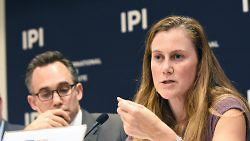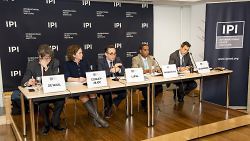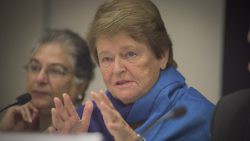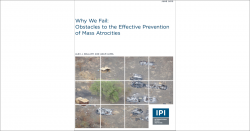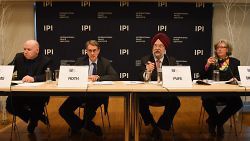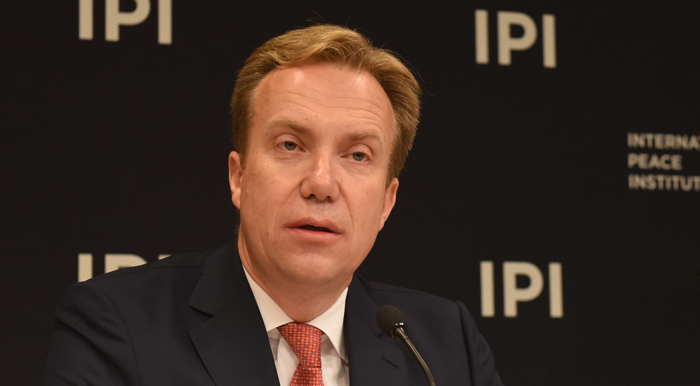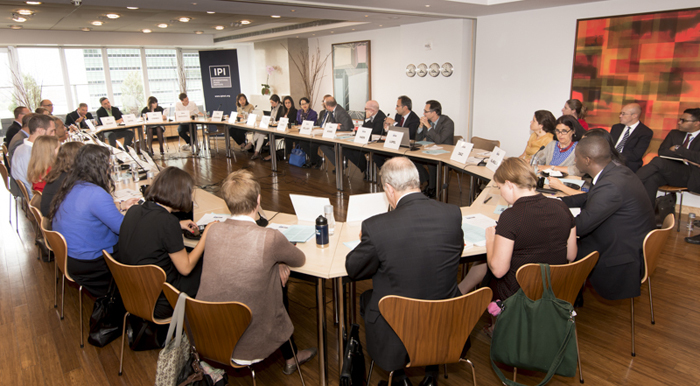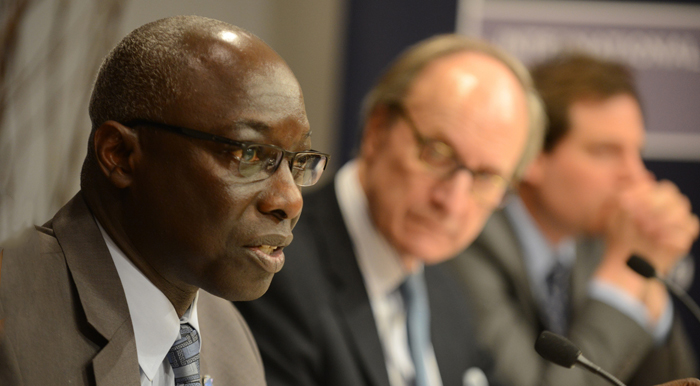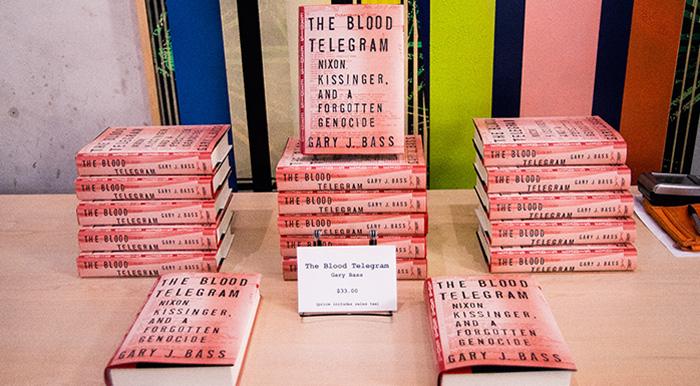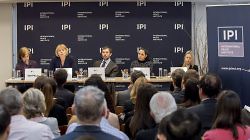
An April 19th policy forum at IPI took up the vexing dilemma that arises when peacemakers face choices between settling an armed conflict and holding to account those responsible for severe human rights violations.“Many think that peace is more important than justice or vice-versa,” said Christian Wenaweser, Permanent Representative of Liechtenstein to the United Nations, […]
Read more